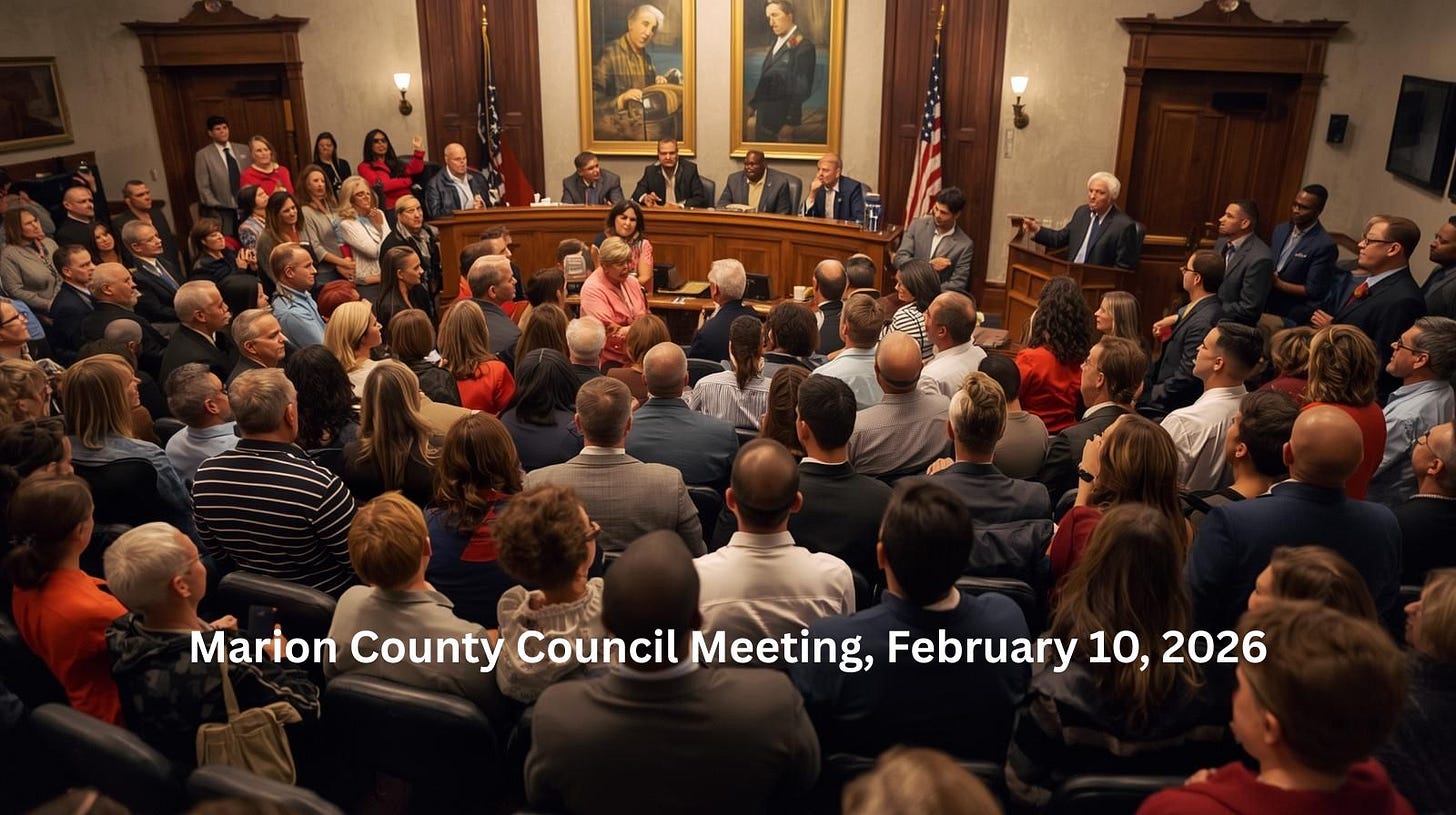Perhaps the leading theory - they're all just theories - of the other crime is that in addition to violating New York's misdemeanor law against falsifying bookkeeping records, Trump also violated another New York misdemeanor law, 17-152, which prohibits conspiring "To promote or prevent the election of any person to a public office by unlawful means." Put those two misdemeanors together, and bingo! Trump stands accused of 34 felony counts, which could put him in prison for a maximum of 136 years.
The leading theory is that Trump "Violated federal election laws" because the nondisclosure agreement payments to Stormy Daniels and Karen McDougal "Violated FECA's restrictions on corporate and individual contributions." "FECA," a pretty awful acronym, stands for the 1971 Federal Election Campaign Act, which established the Federal Election Commission and is the main enforcer of federal election law, such as limits on campaign contributions.
The theory is that if Michael Cohen paid Daniels $130,000 in the fall of 2016 to keep her from going public with her story that she and Trump had a sexual encounter and then Trump repaid Cohen in 2017, then that was a campaign contribution and should have been reported to the FEC. The payments were made "For the purpose of influencing any election," the theory continues, and the Trump campaign should have filed a document with the FEC listing among its campaign contributions and expenditures that it received and spent $130,000 for "Hush money." If you think that sounds a little odd for an FEC disclosure, you're right.
Bradley Smith is a former chairman of the FEC, and on many occasions, including long before Trump, he has argued that there are all sorts of things a candidate can spend money on that are not legally classifiable as "For the purpose of influencing any election." This is from an op-ed Smith wrote for the Washington Post in 2018: Hush money payments to mistresses are not really campaign expenditures.
Having campaign donors pay for personal luxuries - such as expensive watches, massages, and Brooks Brothers suits - seems more like bribery than funding campaign speech.
That's why another part of the statute defines "Personal use" as any expenditure "Used to fulfill any commitment, obligation, or expense of a person that would exist irrespective of the candidate's election campaign." These may not be paid with campaign funds, even though the candidate might benefit from the expenditure.
Among the things Smith might be able to testify about is the novelty of the current Trump prosecution.


No comments:
Post a Comment